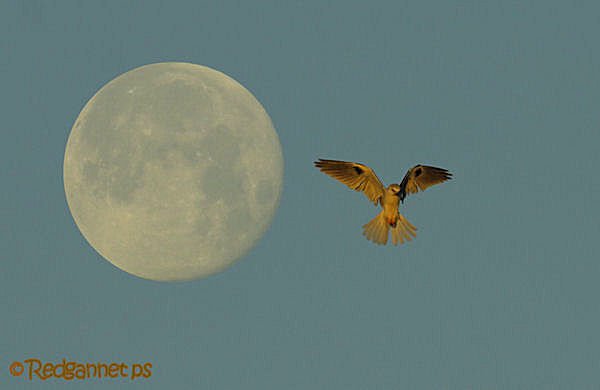
On January 31st 2018, skygazers were treated to a rare spectacle. The super, blue, blood moon came about when a number of circumstances coincided. Our satellite was at a very close approach, appearing larger in the sky (the super bit), it was the second full moon of the month (known as a blue moon) and it passed through The Earth’s shadow which cast a red colour across its face (the blood bit).
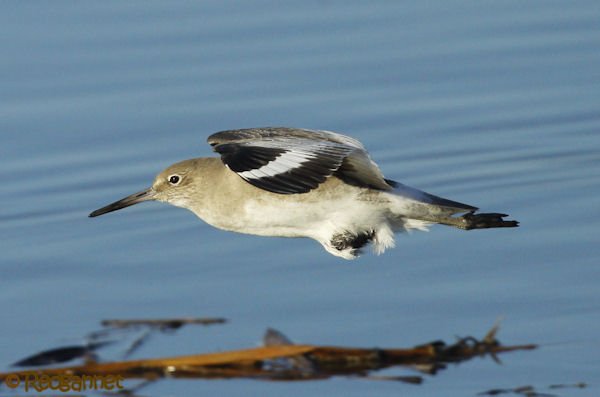
I was in Los Angeles for the event and after an early start the next morning, watched the desanguinated moon drop to the horizon as I waved my binoculars across Newport Upper Bay, Orange County. I noted a couple of odd things today and with the supermoon still fresh in my thoughts, the fancy took me that it was influencing bird behaviour. As an example, today was the first time that I had experienced one-legged flight.
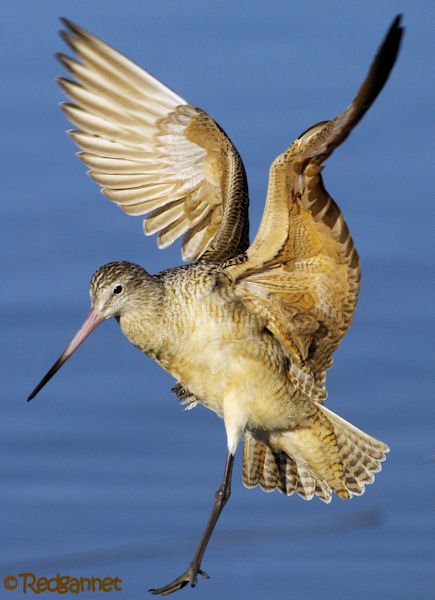
Whimbrels, Willets and Marbled Godwits had been roosting across the bay and had been pushed off their sandbar by the rising tide. By a stroke of luck, I was positioned immediately above the spot to which they had chosen to relocate. They came in ones and twos, giving me the perfect view as they came into land. I noticed that a godwit landed on just one leg and bounced a couple of times to retain balance.
It was shortly followed by a Willet doing the same thing. They clearly had two legs each, but were opting to use just one.
They had flown across the estuary trailing only one leg and then landed without bothering to deploy the rest of their undercarriage.
The birds then hopped off to get back to the serious business of roosting the high tide away, again on one leg.
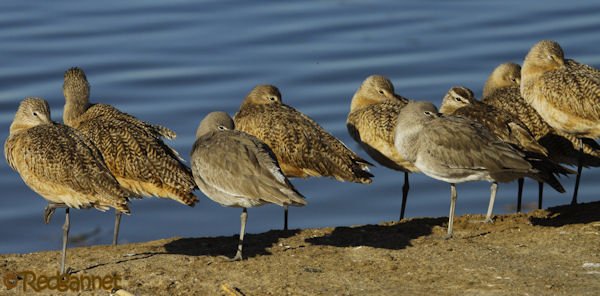
This was not behaviour that I had noticed before, so when a third bird made a unipedal landing, I began to think that something was afoot.
These birds were roosting as the supermoon set in the early morning and it coincided with a high tide which kept them on the roost through the morning. As the tide pushed higher, they were dislodged and had to find higher ground. A group of 5 birds approached. The photo shows that 3 of them are flying single-leggedly (the two leading godwits and the Willet).
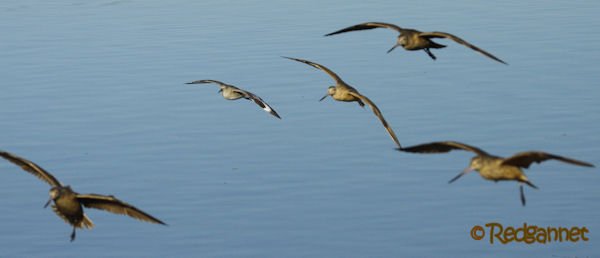
We have all seen shorebirds, waterfowl, flamingos and herons standing on one foot. They even hop about on the roost instead of walking, but I had never seen them coming in to land on one leg before. I am sure that someone else must have seen this behaviour and put forward a hypothesis. Could it be as simple as the leg being a bit numb after being cocked while roosting for such a long time on the far side of the bay?
Unipedal posture has caused much speculation and study. Thermoregulation is often cited as a likely reason. As the behaviour is closely associated with birds at rest it has also been postulated that they are expending less energy on one leg and that they can close down half of their brain, allowing them to rest while staying alert to predators (Unihemispheric Slow Wave Sleep. USWS).
These theories would not explain why a bird would keep one leg stowed in flight and deploy only one in order to land.
Some of the photos show the foot from the unused leg peeping out from its stowage, so I am not considering a high injury rate amongst the shorebirds of Newport Bay. The behaviour was only noted in Marbled Godwits and Willets. I would say that the ratio of one-legged landings to two-legged landings may have been around 40/60%.The original roost included Long-billed Dowitchers, Whimbrels and Spotted Sandpiper. The Whimbrels and dowitchers also flew across and landed in the second roost amongst the Willets and godwits, but they all came with both feet out. If anyone else has any thoughts about this curious incident beyond madness induced by the supermoon, I would be fascinated to hear from them.


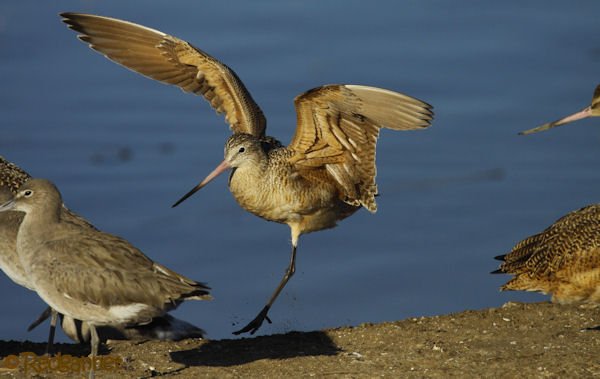
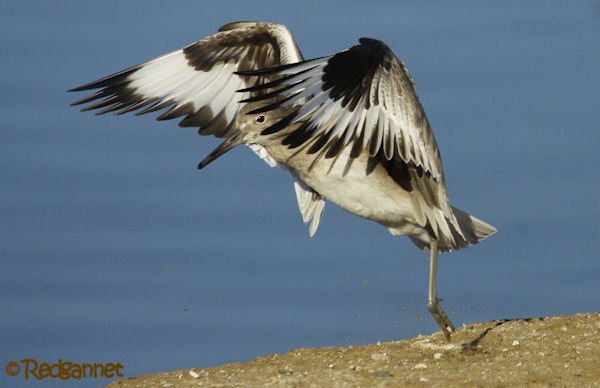
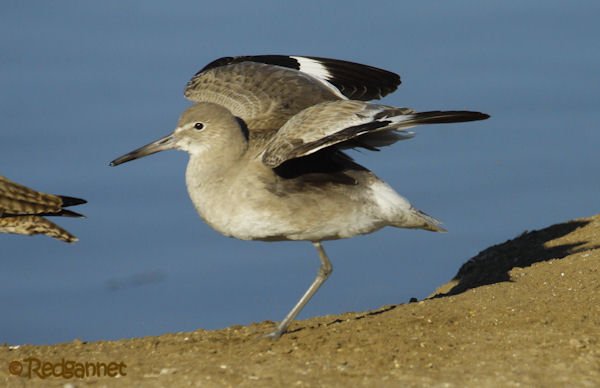
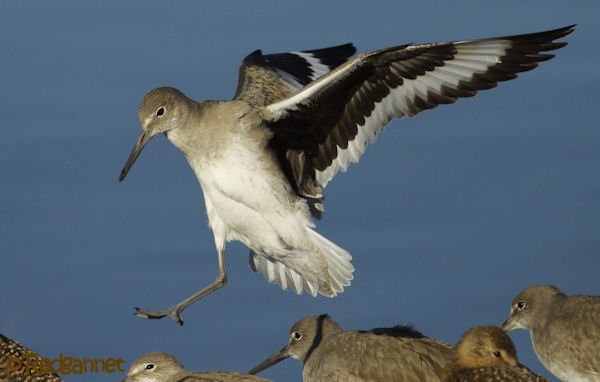
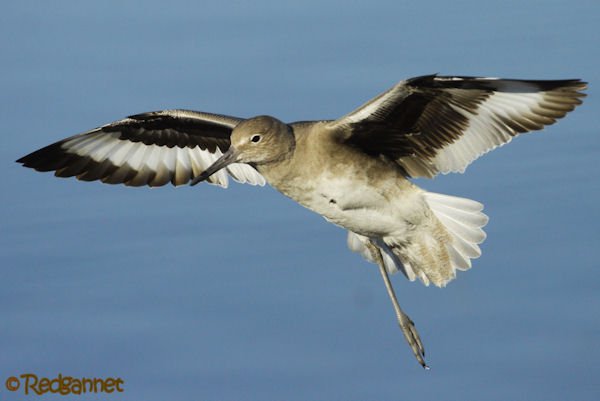
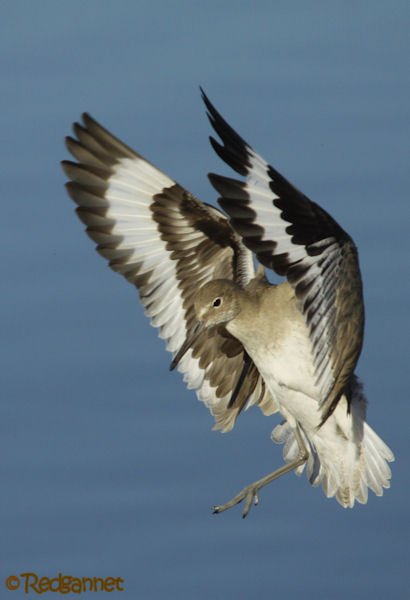
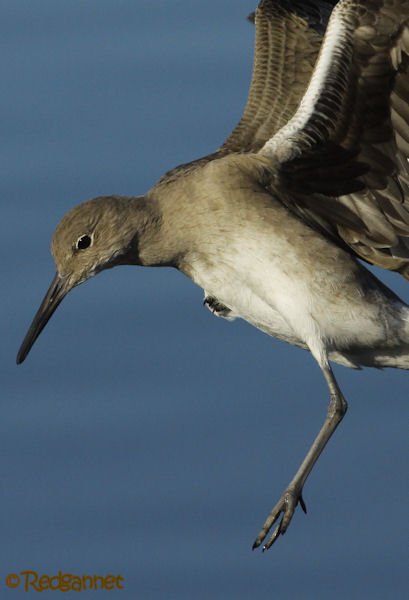

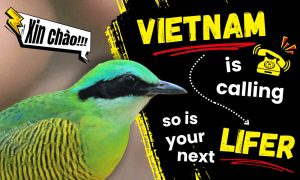



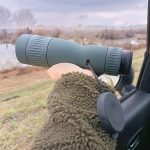
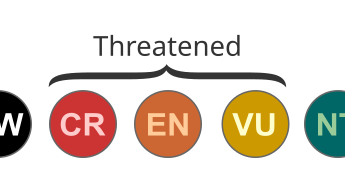
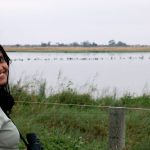

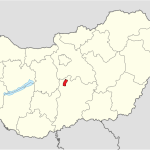
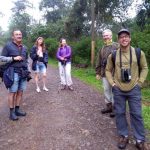

I have seen them hop around, up and down a beach without deploying the second leg, but that is a first, actual landing! Spectacular photos!
Nice supermoon birding and excellent photos!